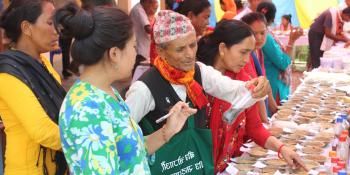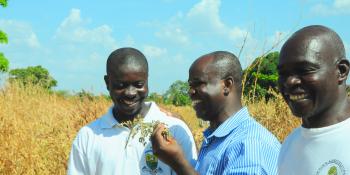Want sustainable development? Then it’s time to get social
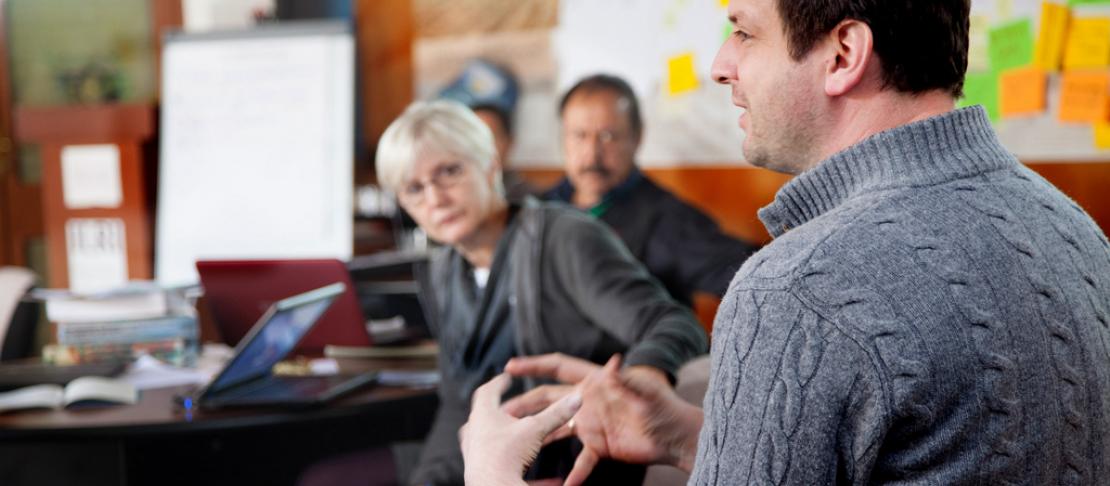
A newly released article in Nature calls for action to jointly create new evidence of why social learning approaches within agricultural research and climate adaptation initiatives matter
There is increasing interest and new research being initiated across CGIAR that includes innovative approaches and processes involving ‘social learning’ in some way, shape or form. But what makes learning “social” and what can social learning approaches offer sciences such as climate adaptation and mitigation?
In a recently published article, “Social learning and sustainable development”, written by myself and my colleagues Blane Harvey, Marissa Van Epp and Philip K Thornton, we argue that social learning approaches can provide ways to address complex socio-ecological problems – so-called ’wicked problems’. But in order to fully understand its potential, joint efforts are needed to establish a better evidence base for social learning approaches.
Social does it – right?
We believe that if research is to genuinely result in changes in behavior, policies and institutions, research outputs need to be better informed by and engaged with the process through which individuals, communities and societies actually learn and adapt their behavior in the face of change.
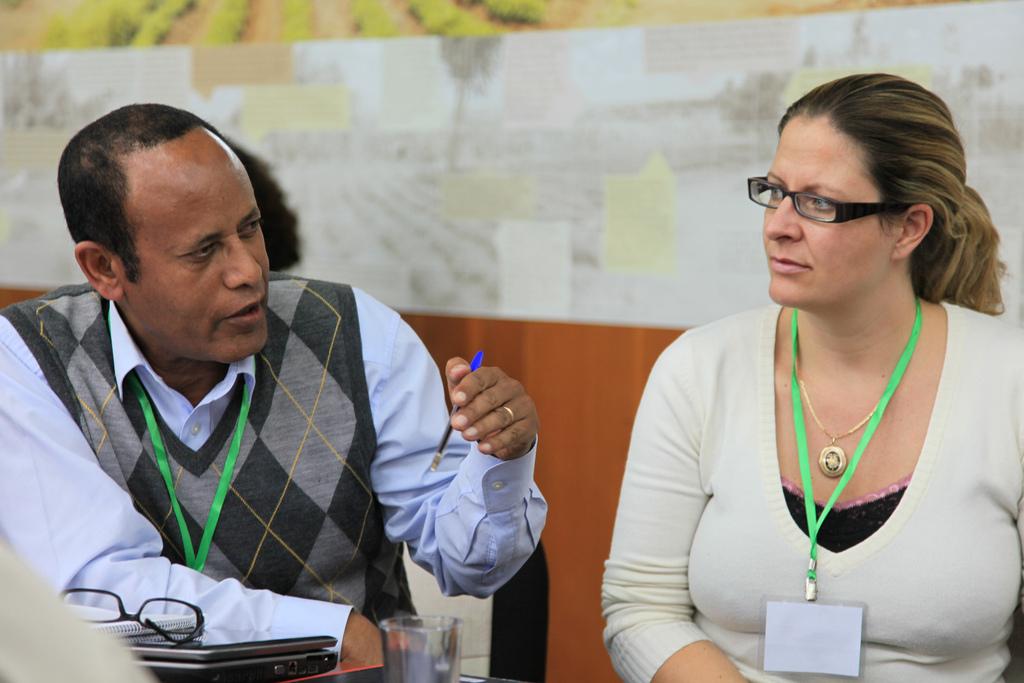
Social learning approaches can help facilitate interactive knowledge exchanges that in turn spark transformative changes in behavior, policies and institutions. Photo:
Here, social learning approaches can help facilitate iterative exchanges and processes. These allow us to engage and learn from each other, discuss joint problems, exchange ideas and share lessons learned and more.
But its not just about learning together – social learning approaches attempt to spread lessons, experiences and knowledge widely through networks or communication channels such as radio, TV, and social media. They aim at seeing changes in, and understanding, behavior beyond the individual, to wider groups through networking and social interactions. These interactive exchanges could help kick-start behavior change, while assisting research to move from theory to practice, i.e action on the ground. This is what puts the social into “social learning”.
We already have a set of lessons learned from social learning processes in practice, presented in several Working Papers, including ‘Social learning in practice: A review of lessons, impacts and tools for climate change’ that summarizes where we are right now and suggests how we can together move social learning forward.
‘Catalysing learning for development and climate change: an exploration of social learning and social differentiation in CGIAR’ explores how the inclusion of socially differentiated groups into processes of knowledge creation and decision-making fundamentally alters what questions researchers are asking, how changes in practices are framed, and how to break down systemic patterns of vulnerability and marginalisation. It’s a start. But more research that adds to the current social learning evidence base is much needed.
Time to come together and be social
Researchers working on complex and wicked problems within the sustainable development field, such as climate change and food security, need to continue to innovate and test and evaluate new approaches.
Social learning approaches offer an opportunity and not a panacea, and our commentary suggests that it is time to work together to build up a better body of evidence about both the benefits and costs of these approaches. And it provides a framework for doing so along with a ‘call to action’.
We believe it will be interesting to see who agrees that it is time to launch new social learning research for agricultural development and climate change adaptation initiatives using this framework that will allow us to better address the question ‘is it really worth it’?
Learn more about the article on the International Livestock Research Institute (ILRI) blog: Storming the ivory towers: Time for scientists to get out, ‘get social’, to learn better, faster–Nature commentary
Get the article:
Social learning and sustainable development, by Patti Kristjanson, Blane Harvey, Marissa Van Epp, and Philip K Thornton, in Nature Climate Change 4, 5–7 (2014) doi:10.1038/nclimate2080 [not open access]
Click to access author’s version [open access]
Join our efforts to create an evidence base on the impacts of social learning approaches. Leave your comments and ideas in the commentary section below.
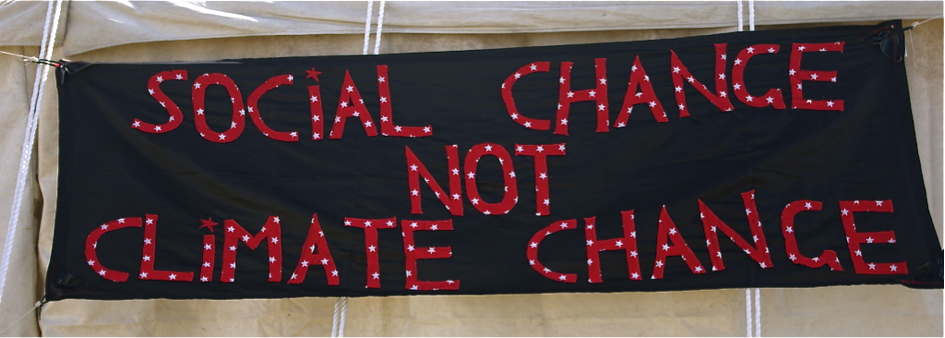
This commentary article was produced as part of a continuing social learning process — The Climate Change and Social Learning initiative — in which knowledge is being co-constructed through many different channels. We are very grateful to everyone who has participated in this process so far and to those who continue to do so.
Patti Kristjanson is Theme Leader for Linking Knowledge to Action work. Philip K Thornton leads the work on Data & Tools. Story edited by Cecilia Schubert, Communications Assistant. CCAFS work is carried out with the support and funding by donors: Complete list of CCAFS donors.
Photo: World Development Movement. Photo has been cropped.

